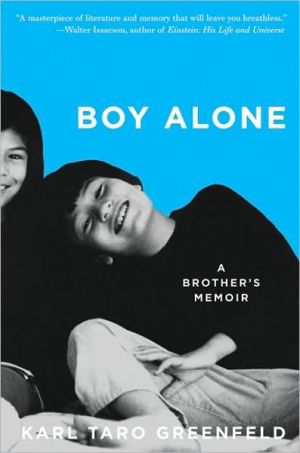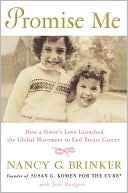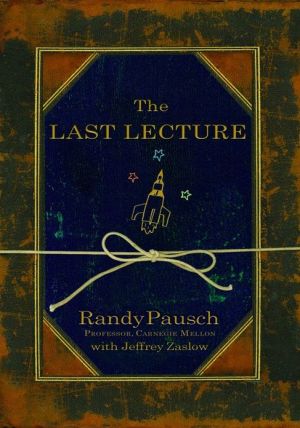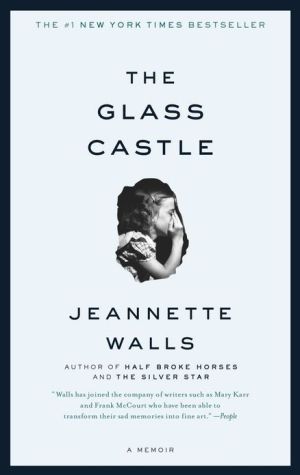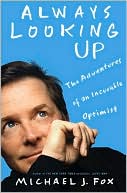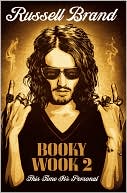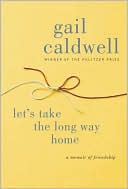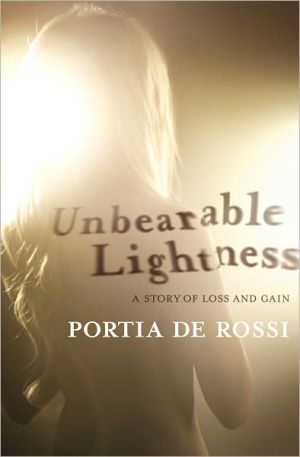Boy Alone: A Brother's Memoir
Karl Taro Greenfeld always knew that his little brother, Noah, was not like other children. He couldn't converse, use the toilet, or tie his shoes, and he often had violent outbursts. Even after Noah was diagnosed as autistic, his family struggled to find solutions.\ Now, acclaimed journalist Karl Taro Greenfeld speaks out with brutal honesty about growing up in the shadow of his autistic brother, revealing the complex mix of rage, confusion, and love that defined his childhood.\ Greenfeld...
Search in google:
Karl Taro Greenfeld always knew that his little brother, Noah, was not like other children. He couldn't converse, use the toilet, or tie his shoes, and he often had violent outbursts. Even after Noah was diagnosed as autistic, his family struggled to find solutions. Now, acclaimed journalist Karl Taro Greenfeld speaks out with brutal honesty about growing up in the shadow of his autistic brother, revealing the complex mix of rage, confusion, and love that defined his childhood. Greenfeld weaves together the social history of autism and autism research with the moving story of two very different boys growing up side by side. Haunting, tragic, and unforgettable, his compelling story gets to the heart of what it means to be a family, a brother, and a person. The Washington Post - Suki Casanave These days, when autism success stories seem to emerge with increasing frequency, Karl Greenfeld's memoir—which combines personal experience with an exploration of autism research—offers a frank, sometimes brutal account of life with a severely disabled child who will never be considered one of those success stories. Living with Noah was a relentless task, an unremitting round of violent behaviors: scratching, biting, spitting, hair pulling…In the end, the reader is left simply to marvel at this family's endurance, at the sheer feat of survival
\ Suki CasanaveThese days, when autism success stories seem to emerge with increasing frequency, Karl Greenfeld's memoir—which combines personal experience with an exploration of autism research—offers a frank, sometimes brutal account of life with a severely disabled child who will never be considered one of those success stories. Living with Noah was a relentless task, an unremitting round of violent behaviors: scratching, biting, spitting, hair pulling…In the end, the reader is left simply to marvel at this family's endurance, at the sheer feat of survival\ —The Washington Post\ \ \ \ \ Publishers WeeklySibling rivalry-and love-of a ravaging kind is the subject of this unsparing memoir of the author's life with his severely autistic brother. Journalist Greenfeld (Standard Deviations) describes his brother, Noah, as a "spitting, jibbering, finger-twiddling, head-bobbing idiot"; unable to speak or clean himself and given to violent tantrums, Noah and his utter indifference to others makes him permanently "alone." But Karl feels almost as alienated; with his parents preoccupied with Noah's needs (and Noah's celebrity after his father, Joshua, wrote a bestselling account of his illness in A Child Called Noah), he turns to drugs and petty crime in the teenage wasteland of suburban Los Angeles. Greenfeld doesn't flinch in his depiction of Noah's raging dysfunctions or his critique of a callous mental health-care system and arrogant autism-research establishment. (He's especially hard on the psychoanalytic theories of the "Viennese charlatan" Bruno Bettelheim.) But the author's self-portrait is equally lacerating; he often wallows in self-pity-"I return home stoned, drunk, puking on myself as I sit defecating into the toilet, crying to my parents... that I am a failure"-and owns up to the coldness that Noah's condition can provoke in him. The result is a bleak but affecting chronicle of a family simultaneously shattered and bound tight by autism. (May)\ Copyright © Reed Business Information, a division of Reed Elsevier Inc. All rights reserved.\ \ \ Kirkus ReviewsA wrenching account of growing up with a profoundly autistic younger brother. Journalist Greenfeld (China Syndrome: The True Story of the 21st-Century's First Great Epidemic, 2006, etc.) is the brother of Noah, for a time the best-known autistic child in the country. In a trilogy of books about Noah by their father Josh-beginning in 1972 with A Child Called Noah-the author is "a bit player who provides interesting contrast to his autistic brother but little more than that." Here, Greenfeld begins with his early memories as a toddler in the mid '60s. In 1971 the family moved from New York to California in a desperate search for help for Noah. The author then jumps ahead to his adolescent years in Pacific Palisades, where he, with his Japanese mother, Jewish father and a bizarrely behaving, disabled kid brother, was a social misfit. While the author got involved in petty crime, drugs and imaginary war games, family life revolved around Noah, whom he both resented and loved. Eventually Greenfeld and his parents moved to a new house, leaving Noah in their old one with a caretaker. With the new arrangement, Noah began to recede from his life, and Greenfeld began his own rocky climb to maturity. Memoir turns smoothly to fictional imagining in the later sections as the author thinks about Noah transforming into a brother who can talk to him and share experiences. But in the final pages he abruptly shifts back to harsh reality. Woven into this moving personal story is an account of the changing scientific approaches to autism, from Bruno Bettelheim's claim that cold mothers were the cause and the key to treatment, to the adherents of B.F. Skinner, who saw operant conditioning as the answer. Withinadequate resources and conflicting research, parents of autistic children grasp at misleading claims. As Greenfeld makes clear, while early intervention may help the very young, for autistic adults, like his brother, the situation is exceedingly bleak. Greenfeld spares neither himself nor his brother in this painfully honest, revealing memoir.\ \ \ \ \ Suki Casanave"Gripping."\ \
